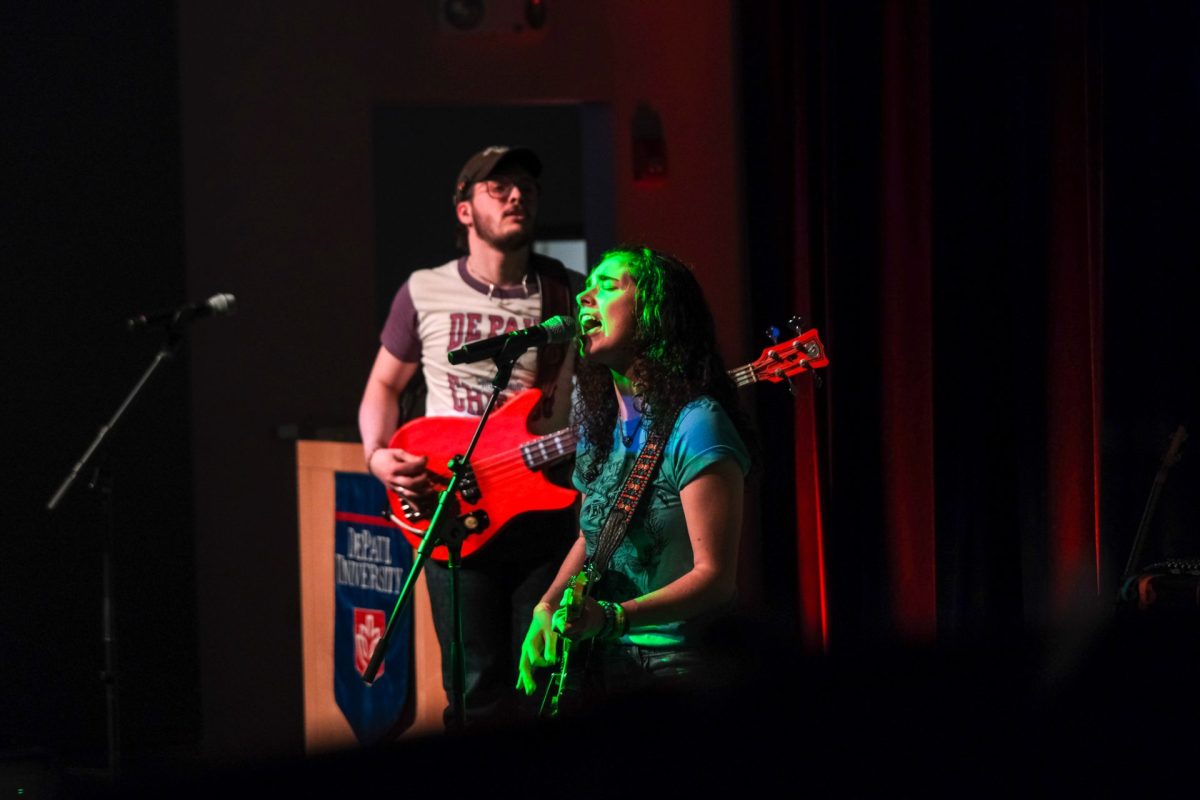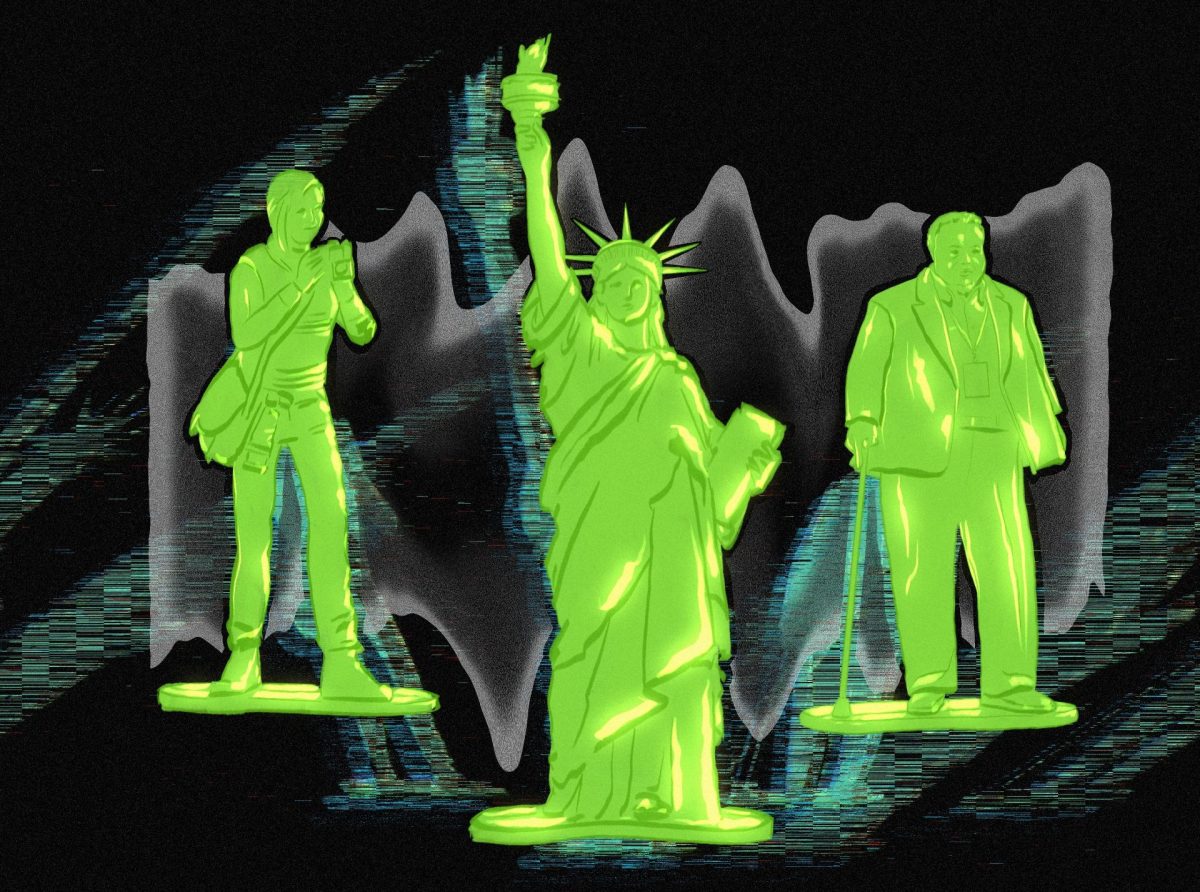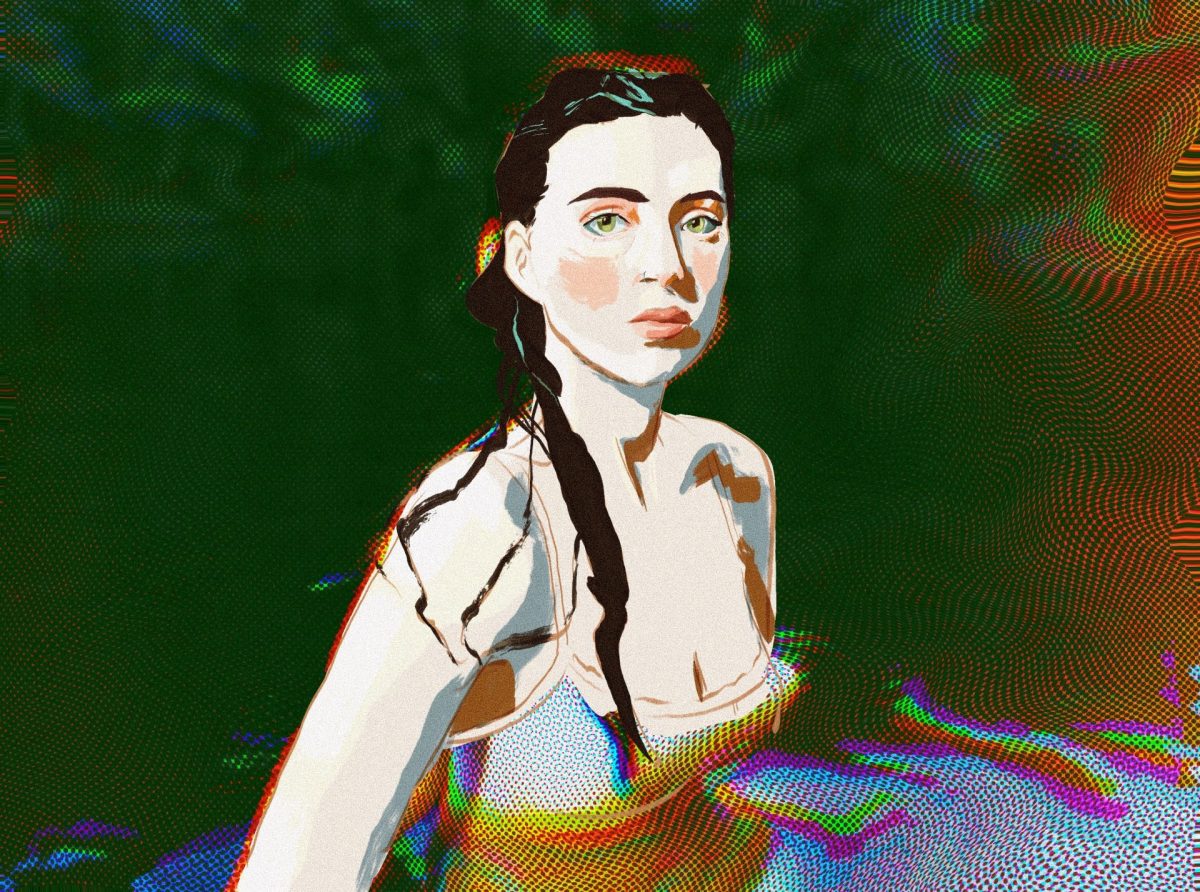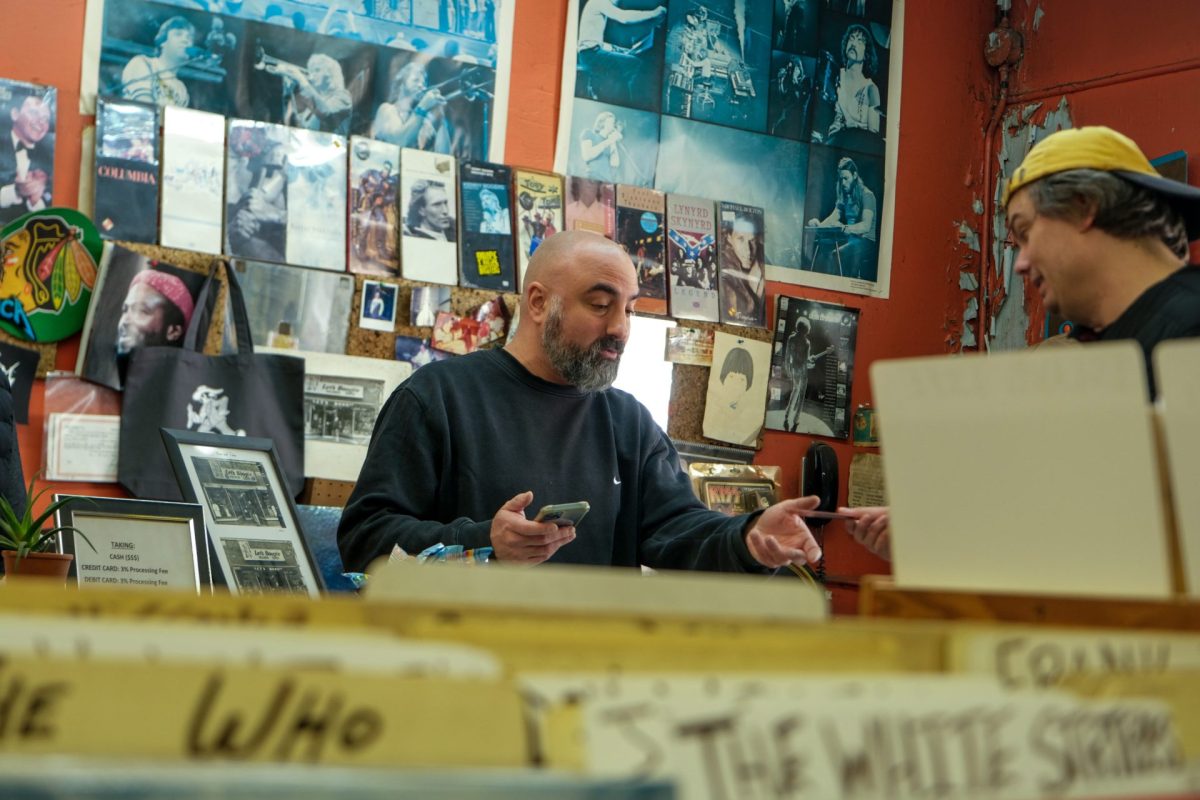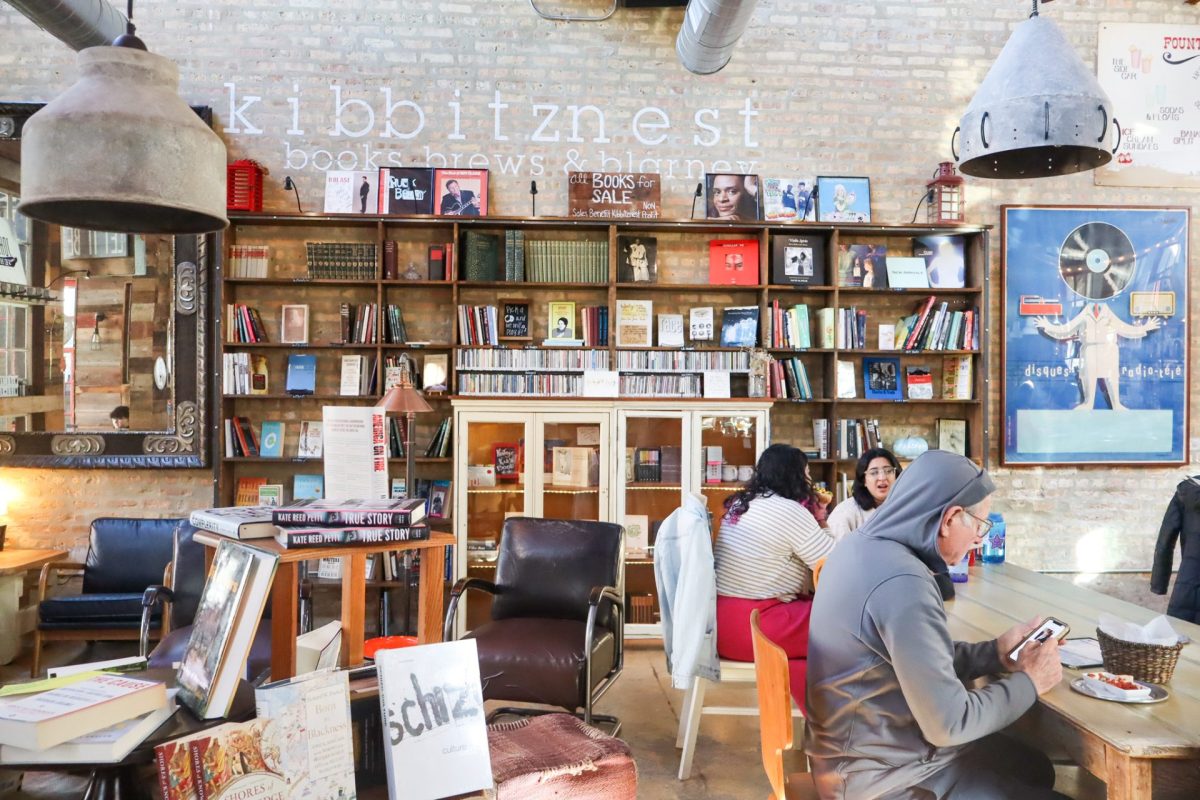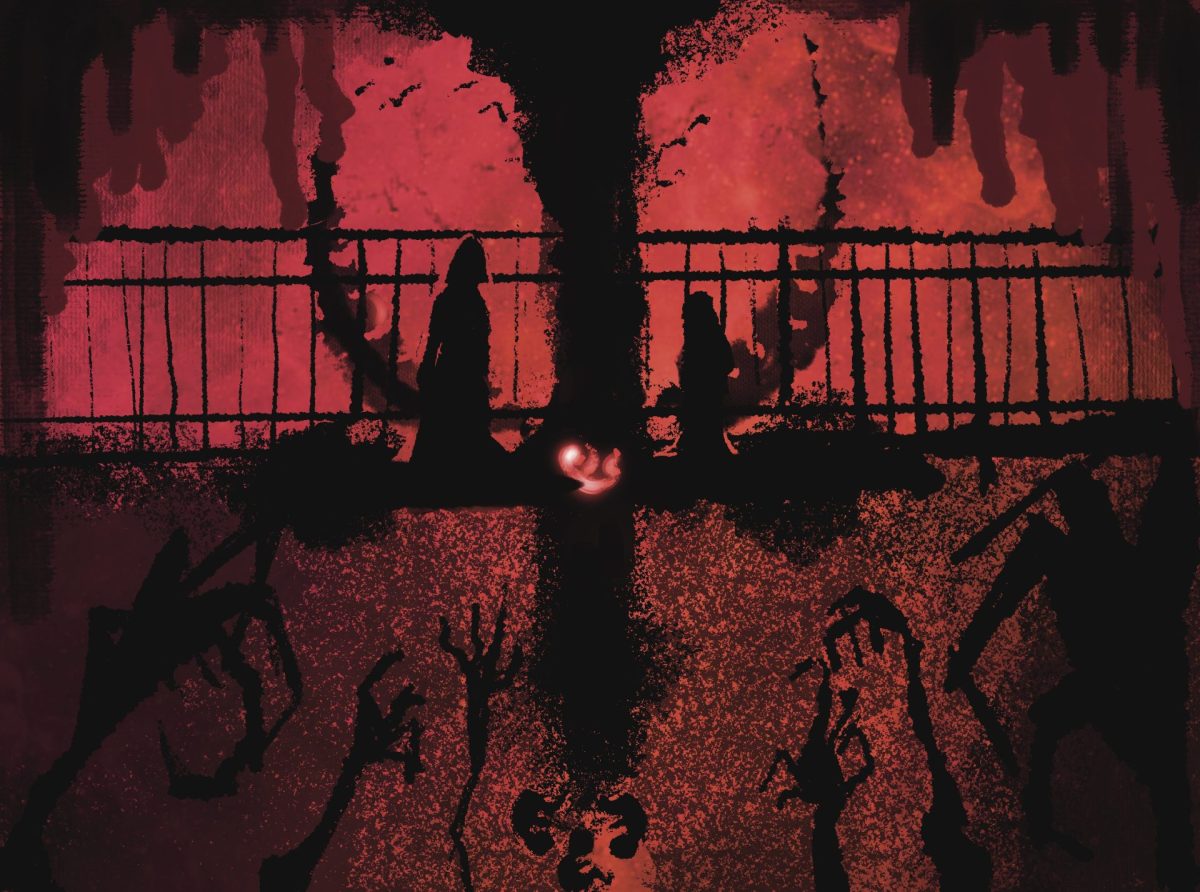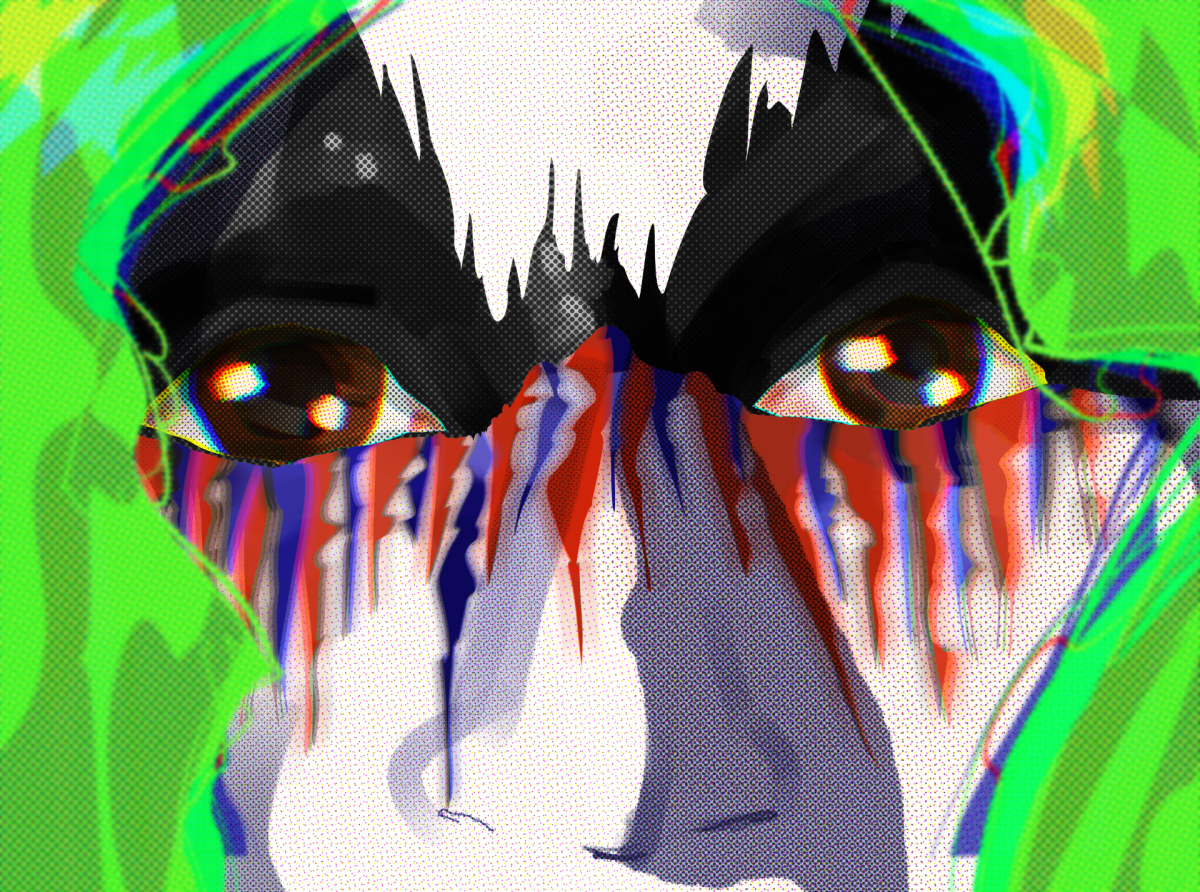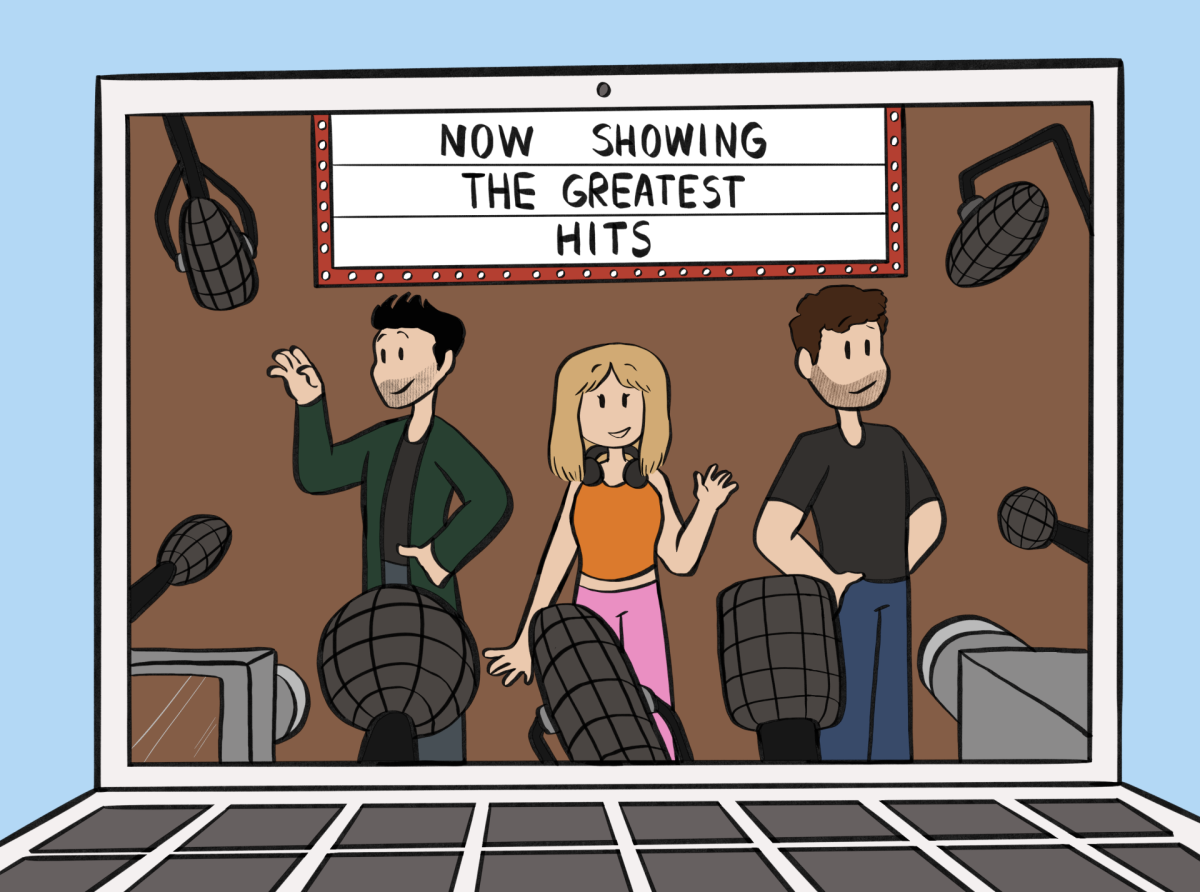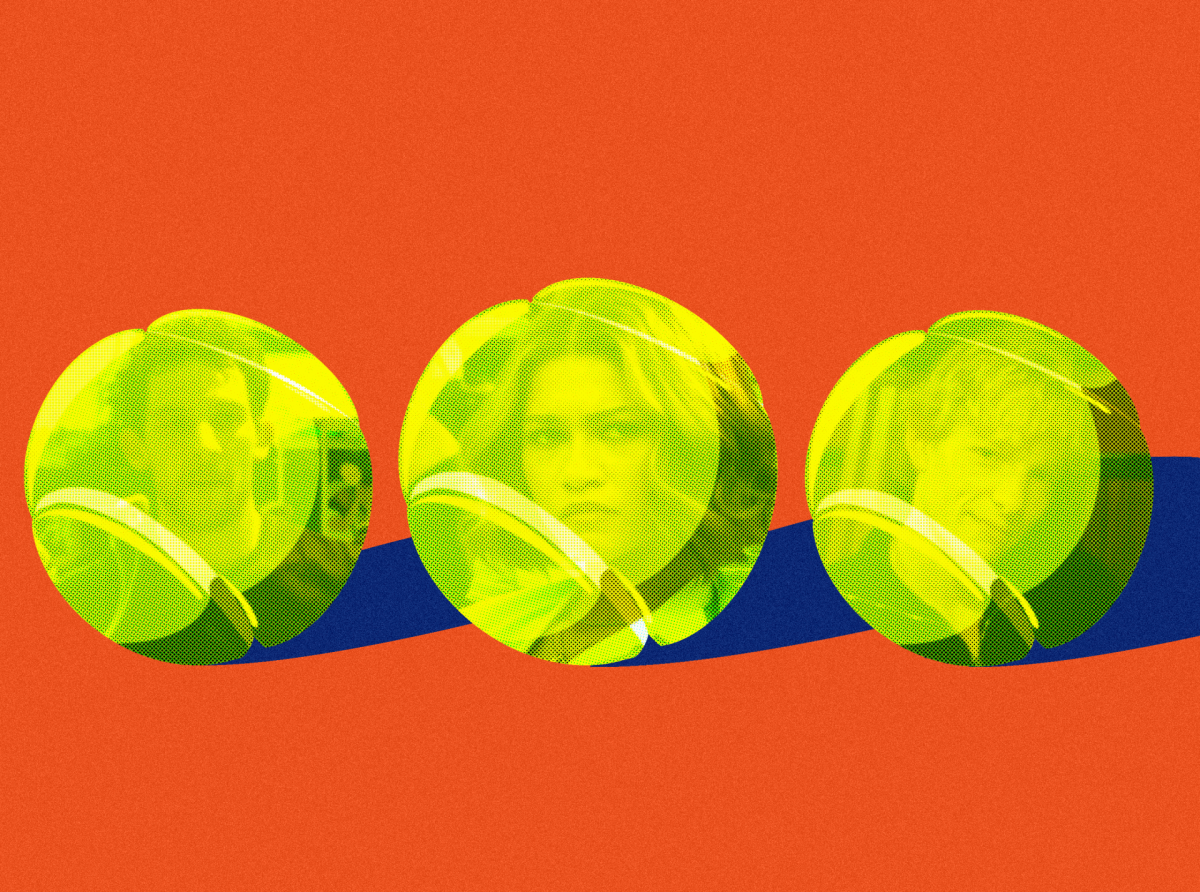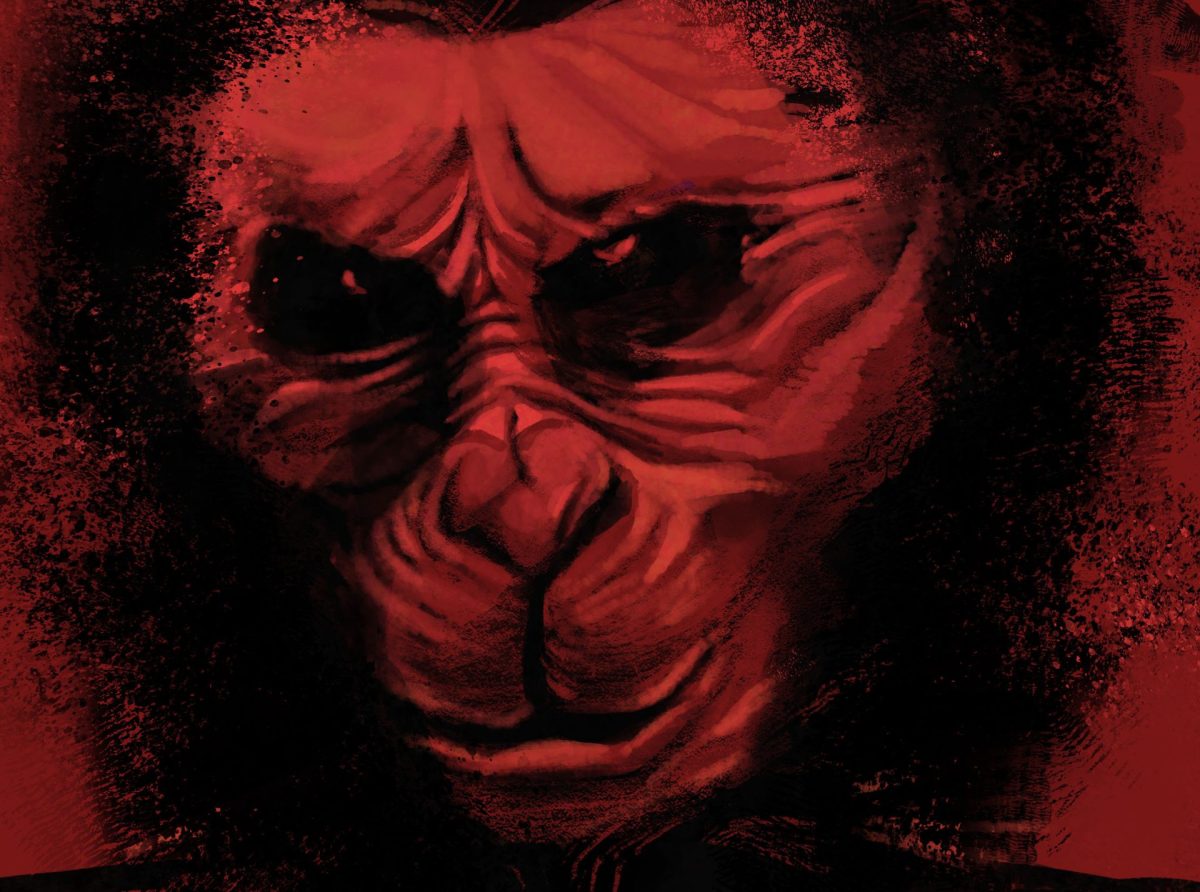Director Pierre Morel, known for his directing of”Taken,” recently spoke with The DePaulia about his latest action-thriller, “The Gunman,” which opens March 20.
What initially attracted you to working on this film?
It’s based on a French novel from the early ‘80s, and I read it when I was way younger. The story was interesting. We adapted it a lot – it was more of a renaissance (book) – so we had to update it.
What specifically did you change?
The setting is different. Also, n the book the hitman, or the hero, is a characatural film noir hero, and those guys don’t really exist. So we tried to make it a bit more realistic. We actually talked to some guys who went through Black Ops.
The relationship between characters was different. The relationship between our hero and his ex-lover was a bit immature in the novel, so we tried to make that a bit more realistic.
And it wasn’t so very cynical. We shifted all of the cynicality to his partner. It still is happening in a dark, gray world, where people are trying to be more dark or more bright. But at least he is trying to improve and be a better man. Of course the arc of the character is to get better. IN the original book, he was not very likeable, he was very cynical.
Would you say it’s an intention of the film to spread awareness for contemporary happenings in the Congo?
It was not the main goal, but it’s a political movie without being one, but it is. I alway try to set the backdrop of movies I make into real situations. Almost always. “District B13” was about the ghettoization of the suburbs of Paris. “Taken” was about human trafficking. This one is about the interaction of big western interest and the fate of third-world countries. If it does bring awareness to that, great, but that’s not the point. It’s not a documentary. It’s based on real events, and based on real situations.
Why not create a new universe? Why do you want to set your film into something that is already happening?
I don’t know – maybe one day I will. I think it opens up the possibility for actors to play more interesting characters. Completely fictional characters you have to build. When there’s something real, it really helps to have more of that layering.
Can you speak specifically to some of the background research you did?
We did some research about the Congo and things that happened back then. We picked Congo, but it could have been anywhere in central Africa; it could have been Sierra Leone, you name it. But the situation is always the same. There’s unbelievable poverty in these countries, and there’s unbelievable wealth. So, what’s wrong with that? So we did some reserach about that.
The process of finding advisors and things – tactical advisors. We met with ex-military guys, ex-operators, ex-snipers, you know. We did some thorough research. And Sean (Penn) actually knows a lot these people because of his activity in the humanitarian work. he knows a lot about those situations and people who ensure security for him. Some were actually ex-military guys for special forces. So we knew a lot about the real people.
How did Sean Penn come up as the lead?
When you get to that level of acting (including the rest of the cast) they just want another challenge. For Sean, I think that’s just what it was. It is action, yes, but it’s not just action. If it were just action, it wouldn’t be as interesting. It’s because of the complex characters, not just guys shooting each other for two hours for no reason; there’s a plot behind it. That’s why I think it was interesting to Sean. His guy is a conflicted man looking for redemption, and yes, there is obviously action, but it’s not all about action.
Can you talk about what it was like working with Penn, especially considering he was involved from the early stages?
It’s way easier. When you have an actor who was there from the inception, and also shares a bit of the writing and the producing … from the very early stage, you know where you’re going. You have to be on the same page as your actor – (you have to know) what is interesting to this character, and then what do we want to make out of that – and we work together on that. You decide on these things way earlier so you actually know who this character is. On set, we’re just doing minor tweaks and adjustments. But the work is already done.
The good thing is, he’s also a director. The communication is immediate. We understand each other just like that because he knows what the technical issues were going to be.
What was your experience like traveling to all of these different locations?
You need a big suitcase.
We shot in Spain, England and Africa. And all of these locations, or many of these locations, have a big film industry. So wherever you go, there’s a common culture, I think. You show up in London, Spain or South Africa – or anywhere – and there’s a common language, so you feel home, in a way. There’s no real cultural shock because they’re used to shooting movies and the craft is the same. So it’s actually pretty easy.
What do you bring from your cinematography experience to your directing work, and do you think you’d ever go back?
I’d be happy to go back, if anyone wants me. But once you’re labeled, it’s difficult to go back. It’s just the next step of storytelling. It’s very easy for me because of my camerawork. The technical issue of shooting is not a problem … it’s more instinctive. I can focus on the directing because I don’t have to focus too much on the technical part of it.
What do you hope people take away from this film?
I hope they have fun. Not fun in a bad way, but I hope it’s entertaining, and, not that they learn something, but it’s an eye-opener.
What were some of your favorite scenes to shoot?
They’re all fun, but in different ways. They’re scenes you like because of the action and there’s scenes you like because of the drama. There’s one scene I really love which is the scene with Sean and Javier in his lounge, and there’s a pretty tense moment, which escalates to the next level when they go to the bedroom. It keeps getting crazier and crazier. This is a scene that takes days to shoot because you need to build it up and let the magic happen between the two of them. So that was a very interesting scene to shoot from a drama perspective.
They both come from two different schools, which is interesting too. Sean is method acting to the core – like LA method. Javier comes from Spain, and has a different school. Some of the actors are British, which is another school of acting. It’s interesting to see how they come up with their characters through different methods. You change your way of direction according to their way of approaching the character.
Now from the action perspective … flames are fun, and make things very interesting because it doesn’t stop. If you start burning something, it burns. So you need to connect things to when you need something, so you can say “cut” and start putting the fire out. Because if you don’t say cut it just keeps burning and you don’t have a set anymore. We almost destroyed a sound stage that way.
You need to plan on shooting your scenes according to the existing damage that you created in the first place. That’s fun too.


